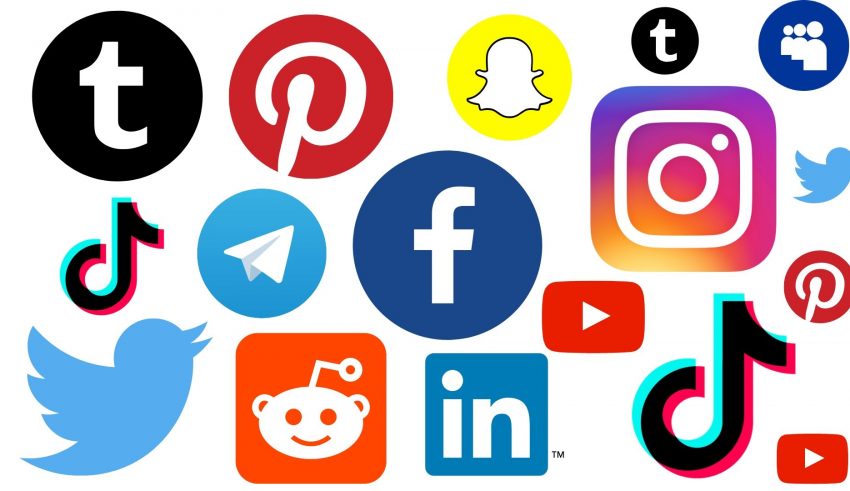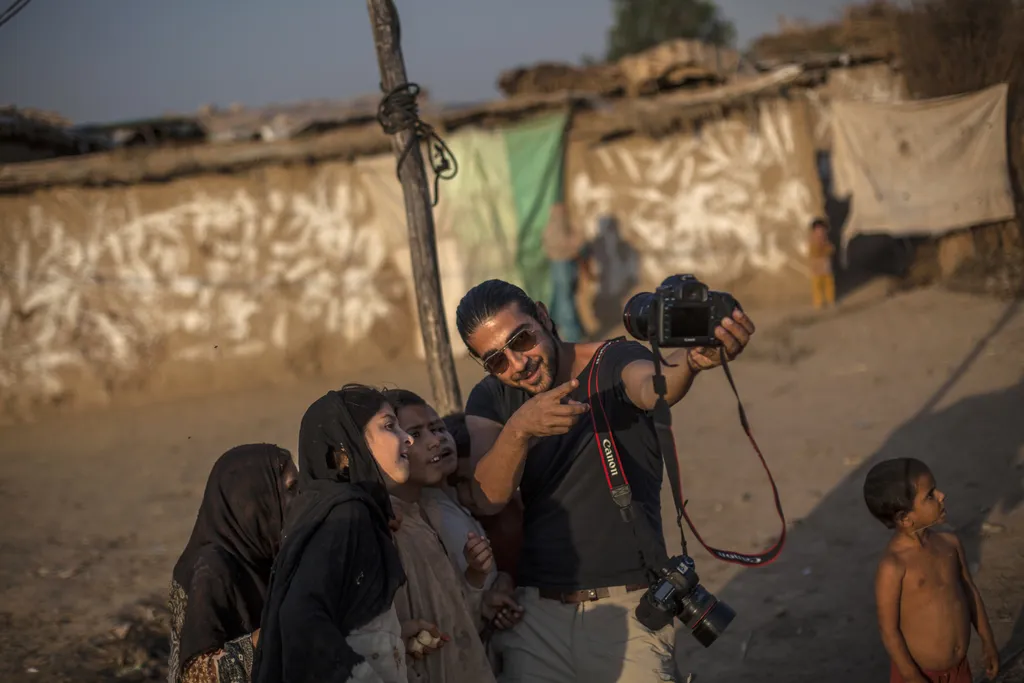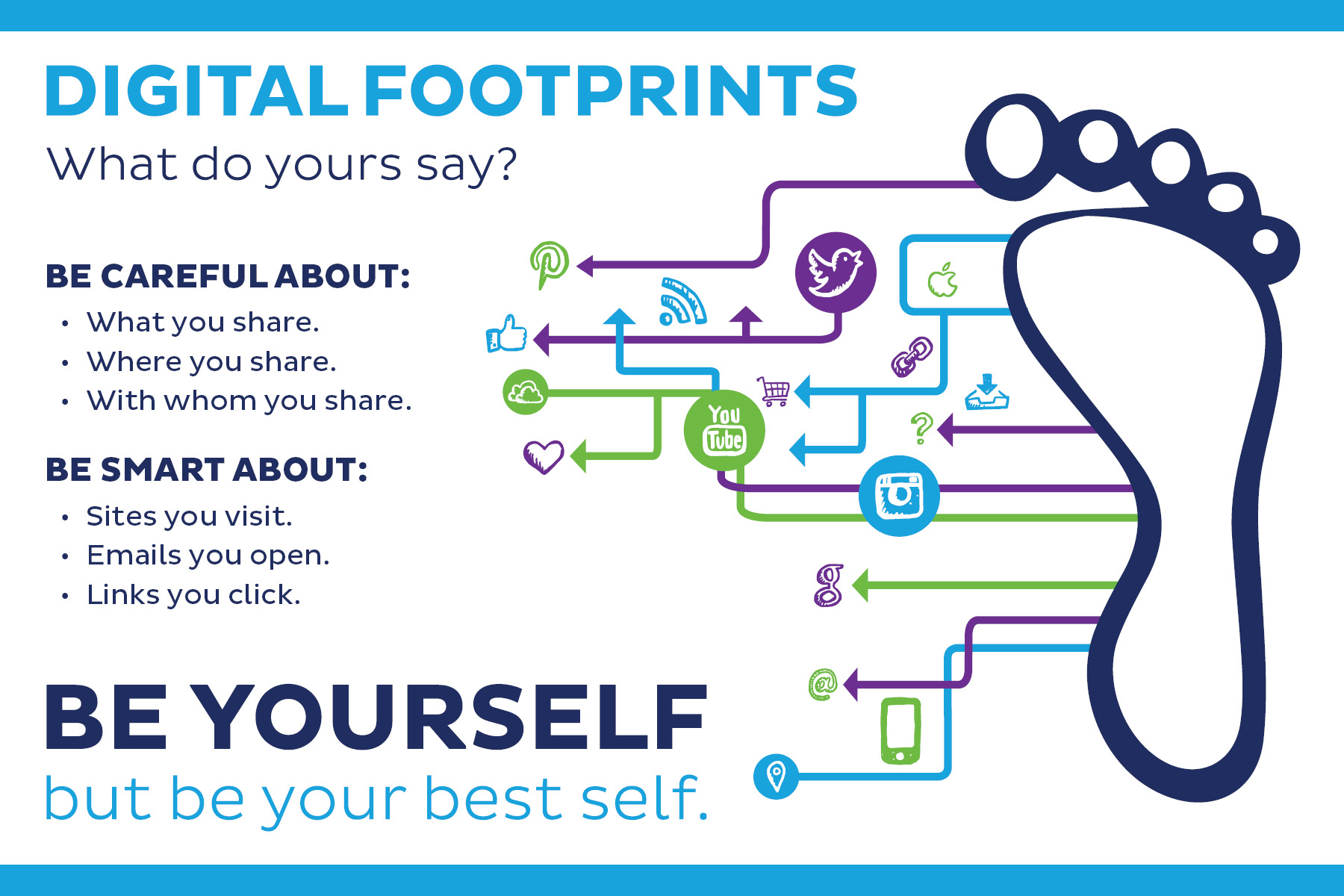Social Media Uses and Mishaps: How You Can Protect and Grow Your Professional Online Image
Over the past decade, Social Media has become a huge phenomenon around the world. Apps such as Instagram, Snapchat, Twitter, TikTok, Facebook, YouTube, and more offer up a place for anyone and everyone to create, share, and find new content on a wide variety of different subjects instantly and with ease. Some have even made a career out of social media, with influencers and Youtubers becoming some of the most followed users on these platforms. With its widespread usage and many valuable functions, social media has also recently grown to be an extremely powerful force in the traditional professional world as well. With its ability to spread advertisements to a large population and multiple demographics for free and instantaneously, gain new clientele, and provide users with the opportunity to connect with those in their field easily, social media has become the avenue of choice for many when it comes to growing their professional learning networks and careers. Though it has been used in many positive ways, social media can also be detrimental to a career if used incorrectly. So, what are some ways that you can use social media to your advantage, and how do you protect yourself from some of the mishaps that can happen when using these platforms?
How can you use social media to your advantage?
Social media and its professional impact have often been underestimated in the past, as much of the content present on social media sites used to revolve around entertainment. However, this is far from the truth in many cases, such as the case of National Geographic photographer and Canon Ambassador Muhammed Muheisen, who used Instagram to grow his professional photography career. For Musheisen, some of the most impactful features of the site included the ability to not only “connect with people outside his own circle”, but to grow his followers to over 100,000 in just a few months and instantly share his content with those thousands of viewers. He now holds almost 900 thousand followers.
Through growing his following and their generous donations, Musheisen was not only able to be featured as a photographer for National Geographic but was also able to create his own nonprofit to help many of the refugees he was capturing in his shots during the refugee crisis. This shows the true impact and importance of social media as a professional tool and an entity, as not only was the photographer able to grow his personal career to be more abundant and successful, but he was able to create charity and positivity for others. This can be applied to a multitude of other types of careers, as the internet is often able to provide any type of community with a way to not only better themselves online by growing their connections but better the lives of others through sharing resources and raising money for a good cause. They have even added a feature to the platform where certain posts can be linked directly to fundraisers to make this easier for their users.
As someone entering the Nursing career, I will be able to use the wide range and instantaneous nature of social media to my advantage in growing my career by posting and all medical research I may be a part of, promoting new and improved nursing tactics, and even myself as a reliable employee, opening myself up to more opportunities for the future. In addition, I can hopefully use my platform to raise funds for different charities working to cure medical conditions affecting patients around the world.
What is a digital footprint?
When posting or interacting anywhere online for professional or personal use, you leave behind a digital footprint. A digital footprint can be defined as any uploaded photos or videos of yourself or things that have to do with you, emails and their attachments, site registration, etc. all of which are stored by different companies and servers online. This trail of posts and activities can provide people with personal details and information about you, including friends, family, professional contacts, and even strangers. This information never goes away, which can be great for memory's sake but extremely dangerous for those who post content that does not positively reflect their image or can hurt others.
So how can you create a digital footprint that you are proud of and would not mind being seen by others? Some of the most common tips given to achieve this goal include beginning your online profile as soon as you can, always using your real name, and being consistent with your posts online. By beginning your profiles when you are legally of age (13 years old) and by using your real name, it makes it almost impossible for people to steal your identity and begin posting things that do not reflect your true life or personality and that can be damaging to your image. Using your own name can also help you to avoid posting negative or offensive content that could get you in trouble in your personal and professional lives. Hiding behind a screen to engage in bullying or offensive behavior is somewhat common on the internet, but is never the less unacceptable and should never be posted online.
When you do begin posting, it is also important to be consistent in the types of content you are putting out into the world, as making a constant mark of positive and productive ideas and content online is a great way to build your professional profile. For example, students should always be sure to always post things that represent their hobbies, interests, and community service, along with things that they would be comfortable with colleges seeing as many colleges (up to 26%) use sites such as Facebook to learn more about their applicants. As a former high school student and current college student, I was always careful about what I posted on my social media as I knew that I could be held legally and morally responsible for anything that was posted in association with my name. As a result, if you were to Google search my name, most of what comes is recognitions for scholarships I have received, newspaper articles that I have written, and my personal social media that shows the best version of myself possible.
As a future nursing professional, I will be sure to focus on using my social media carefully and productively while I am employed. In healthcare, HIPAA laws privacy laws are essential to the healthcare process so it will be imperative that I do not share anything about the details of my employer or cases on my social media in order to avoid strict penalties and fines.
Social Media and Job Opportunities-What can go wrong?
When people post on social media, sometimes they do not always think through the repercussions of what can be concluded about their character from those posts. While posting our day-to-day lives on social media has become quite routine for many of us users, sometimes the things that we post (even if they seem harmless) can come back to haunt us. This is especially true in the professional realm, as like college admissions officers, interviewers for many job positions will use social media profiles in a variety of different ways to gain a better understanding of who they are hiring and what type of worker they can expect them to be.
One of the main ways that employers use social media (which has already been discussed), is looking deeper into the personal lives of the candidates to make sure their actions and posted information matches the values of the company. If these values do not match, employers are statistically less likely to bring them in for an interview and hire them. One of the other main and mostly unexpected ways employers are using social media to evaluate their prospective employees is to actually see if they have any social media. While staying off of the sites as a whole can seem like an easy way to stay out of any issues, many employers actually see not having a social media presence as a red flag, as it can seem like you are trying to hide something from the world or are not involved in any activities or in many communities. Employers also often use sites like LinkedIn and Facebook in order to confirm the qualifications listed on one's resume. If any inconsistencies or negative reviews are found, it is clear to the interviewer that this candidate has something to hide and is not likely going to be a good fit.
As I graduate college and look forward to creating a career for myself and using social media to be open and honest about my professional positions so that my resume is an accurate representation of me. Furthermore, I also look forward to continuing to build upon the good basis of social media posts that I have created so that whatever professional and personal opportunities come my way as a nurse and healthcare provider, I will be considered highly for those positions.
How to respond to negativity online (Light, Bright, & Polite Chapter 2):
Though you might be the most professional person online, not everyone understands the danger of posting negative thoughts and hate. While it can be extremely enticing to respond to negative posts with more negativity, that is not always the best course of action. Author Josh Ochs gives some great tips on how to spread positivity and respond to negativity and hate in his second chapter of “Light, Bright, & Polite”.
One of the first things he suggests is to regularly Google and search for yourself online to get a sense of what others will see when they search for you and how you can curate content that may offset any negative reviews or links that are attached to your name. In his example, Osch’s electoral campaign for a City Council position in his town was greatly benefited by always posting positivity and gratitude related ideas in order to make sure that the online search results that popped up first were all results that you would want to see from a public leader in your own town. In my personal experience, I often am drawn to public figures who post more positive than negative ideas, as I want my life and community to be filled with those that are willing to be happy and spread that positivity to others when possible. Even more so, seeing someone who is positive toward others in the face of hate shows resilience and grit, two qualities in which I would love to see in any leader.
Though he did his best to curate the best results possible, there were still many people who messaged him online and gave him hate. Osch then exhibited his final tip of how to respond to hate, which was to respond with overwhelming kindness and ignoring any persistent negativity as that will shine brighter to those who are receptive to a changing mindset than anyone who is persistent in their negativity. in my future career as a nurse I will be dealing with people who are going through some of the worst moments of their lives. That being said, it is important for me to remain positive even in the face of hate just like Osch states, as my kindness may go a long way in bettering the spirits of the patient that I am taking care of and even treating the other doctors with the respect they deserve.
Final Thoughts:
Overall, it is clear that when used correctly, social media can be a huge help to growing your professional network and creating a public image that is favorable for personal and professional reasons. However social media can be a dangerous tool if used incorrectly or with a negative mindset, so actively making sure that you are acting appropriately online is so important. I am hopeful that in the future, my social media presence will be seen in a high regard and that I can benefit professionally by using all of the tips and tricks of what not to do online!










This blog was very well written! I like how you connected your major and how social media used in the right way can beneficial towards it. Great job!
ReplyDelete